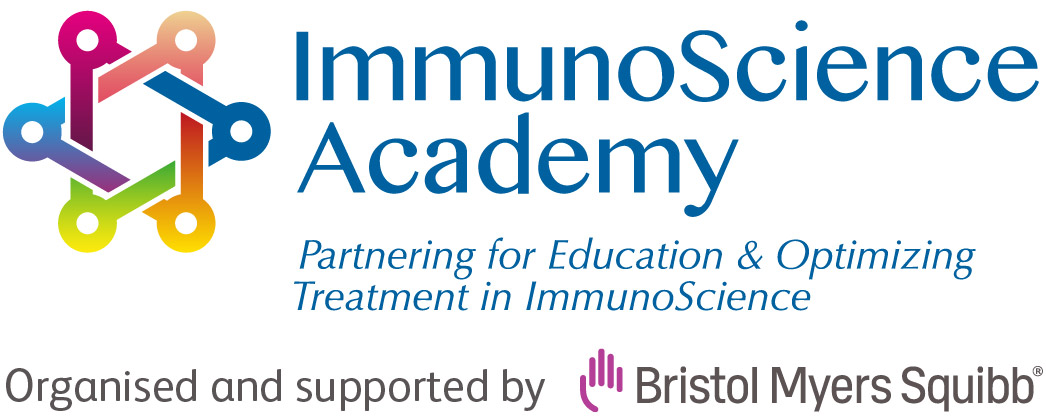
Educational Meetings
COVID-19 & VACCINATIONS
27 October 2021
Materials from past ISA meetings are only available for your information, it reflects the state of sciences at the time of the meeting.
In December 2020 the ISA national meeting turned into a very successful first ISA Webinar on COVID-19. Ten months later on October 27th, 2021 a multidisciplinary expert panel came back in another successful Webinar on COVID-19 topic, but now in the vaccination-era.
View below the slides and video per expert-topic.
Read the full article here.

COVID-19 GLOBAL PANDEMIC: WHERE ARE WE NOW?
Speaker Prof Erika Vlieghe | Infectiologist
Prof Vlieghe provides global COVID-19 data on the infection epidemiology. She reviews the feasibility of the concept of ‘herd immunity’ and the effect of this type of immunity on special subpopulations such as oncologic, hematologic or patients with autoimmune disorders. She addresses the pathophysiology of the symptomatic & asymptomatic COVID-19 and the possible explanations as to why some vaccinated individuals catch COVID-19. Prof Vlieghe discusses the benefit: risk associated in vaccinating pediatric and young patients.

COVID-19 VACCINATIONS: THE IMMUNOLOGY BEHIND AND ARE THEY DELIVERING ON EXPECTATIONS?
Speaker : Prof Pierre Coulie | Immunologist
Prof Coulie highlights the COVID-19 situation in Belgium. He provides an overview of the different types of vaccines approved for use in Belgium, their MOA, regimen/ treatment schedule and how the Belgian vaccination program has evolved since its opening at the beginning of the year. He discusses the adaptive immune response to adenovirus- or mRNA-based anti-SARS-CoV-2 S vaccines, the role of T cell responses and lasting protection. Prof Coulie discusses the key features he would expect to see in future potential improved vaccines.



SARS-COV-2 THROMBOTIC EVENTS & VACCINE INDUCED THROMBOTIC THROMBOCYTOPENIA
Speaker : Prof Kristin Jochmans | Clinical biologist
Prof Jochmans provides an overview of epidemiology and clinical presentation of thromboembolic events during COVID-19 as well as after COVID-19 vaccination. She discusses what is currently known and not fully understood with regards to pathophysiology of thrombotic events during COVID-19 infection as well as after COVID-19 vaccination. Prof Jochmans reviews the existing guidelines regarding anticoagulation for the management of COVID-19 thrombotic events & management of VITT.

COVID-19 VACCINATIONS IN PATIENTS WITH ONCOLOGICAL MALIGNANCIES
Speaker : Prof Guy Jerusalem & Prof Marc Peeters | Medical oncologists
Clinical trials of COVID-19 vaccines largely excluded patients with malignancies. The risk of fatality and severe disease due to COVID-19 in this patient population appear to be higher compared with the general population and the presence of any comorbidity or hypertension or diabetes is associated with an increased risk of severe events. In his presentation Professor Jerusalem discusses the data from the Capture Study, which showed that SARS-CoV-2 infection leads to robust and durable neutralizing antibody responses in most patients with solid tumours but reduced patients with haematological malignancies and the impact of COVID-19 sequelae (OnCOVID registry) on survival and oncological outcomes of cancer patients after recovery. Professor Peeters addresses the most updated evidence about serological response, safety, and efficacy of 2 doses of Covid-19 vaccines in cancer patients undergoing treatment, including patients with haematological, malignancies.



COVID-19 VACCINATIONS IN PATIENTS WITH HAEMATOLOGICAL MALIGNANCIES.
Speaker: Prof Rik Schots | Haematologist
Prof Schots provides an overview of recent COVID-19 studies in patients with haematological malignancies. He discusses outcomes following COVID-19 infection and the various patient-related, disease-related, and treatment-related factors that affected vaccine responses in patients with haematological malignancies.

COVID-19 VACCINATIONS IN PATIENTS WITH AUTO-IMMUNE DISORDERS.
Speaker :Prof Vincent van Pesch – Neurologist
Prof. Van Pesch provides an overview of COVID-19 vaccinations in patients with autoimmune disorders. He discusses the risk for these patients of being susceptible to severe COVID-19, the clinical considerations for COVID-19 vaccination of patients on disease modifying therapies and the optimal timing for vaccination.


